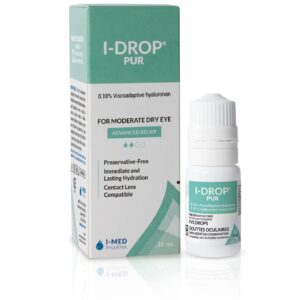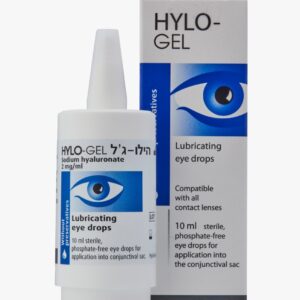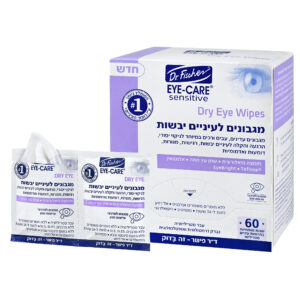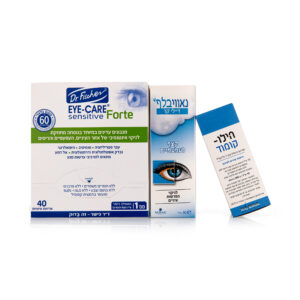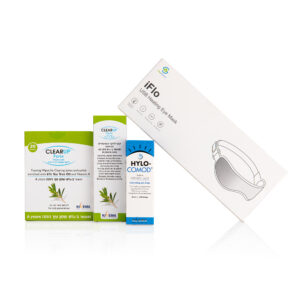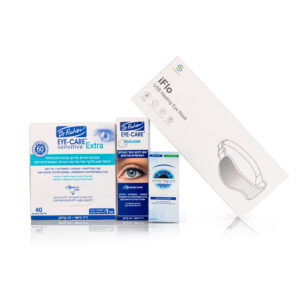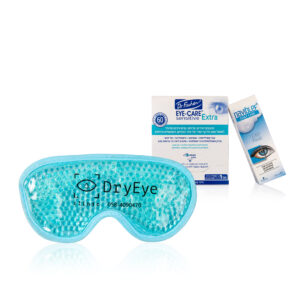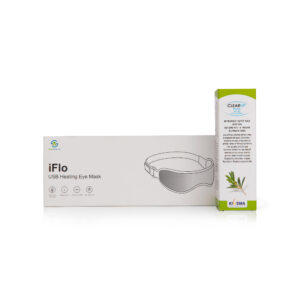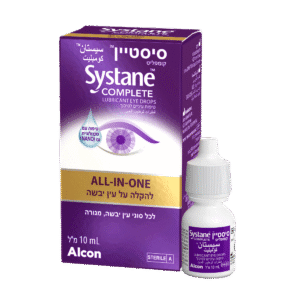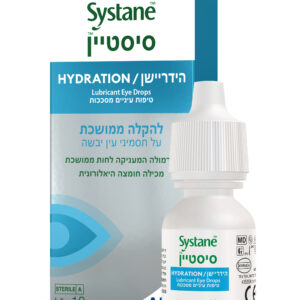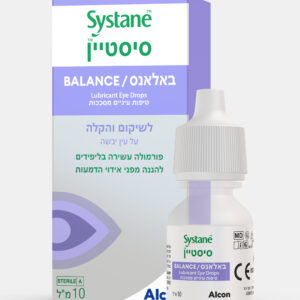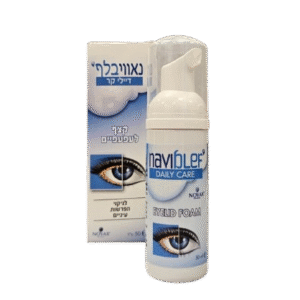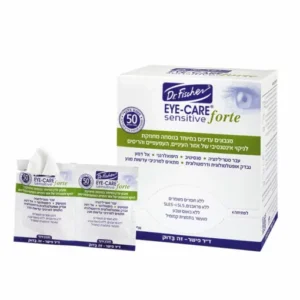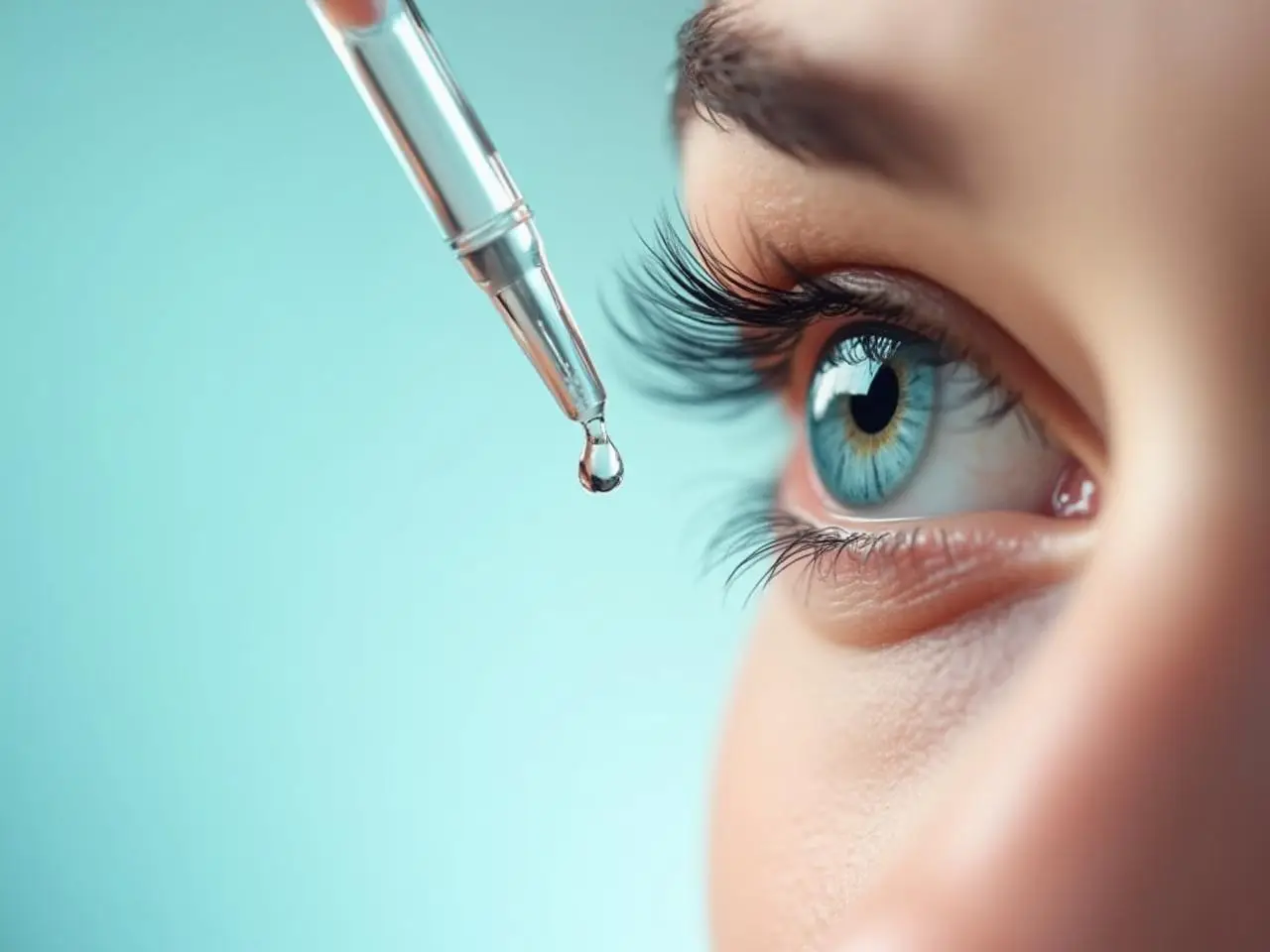
טיפות דמעות – מה זה ולמה משתמשים בהן?
טיפות דמעות הן תמיסות רפואיות או קוסמטיות שמטרתן להקל על
Itchy eyes, a condition known as itchy eyes, is a common problem that can significantly affect the quality of life. This sensation, which is often accompanied by redness, tearing or a burning sensation, can be a symptom of a number of health conditions, some more serious than others. Understanding the causes, treatment options and prevention measures for itchy eyes can help people cope with the unpleasant symptoms.
Itchy eyes are often associated with an allergic reaction triggered by exposure to various allergens such as dust mites, pollen, pet dander or certain types of food. The immune system reacts to these foreign substances, producing antibodies that cause the cells to release histamine, which leads to itching and other allergic symptoms.
Dry eye syndrome is another common cause of itching. This happens when the eyes do not produce enough tears or when the tears evaporate too quickly, leading to irritation, redness and itching. Furthermore, conditions such as blepharitis (inflammation of the eyelids) and conjunctivitis (inflammation or infection of the outer membrane of the eyeball) can cause similar symptoms.
Apart from these, exposure to environmental irritants such as smoke, chemicals and chlorine in swimming pools can cause itchy eyes. In rare cases, certain systemic diseases such as liver disease or malignancy can present with itchy eyes.
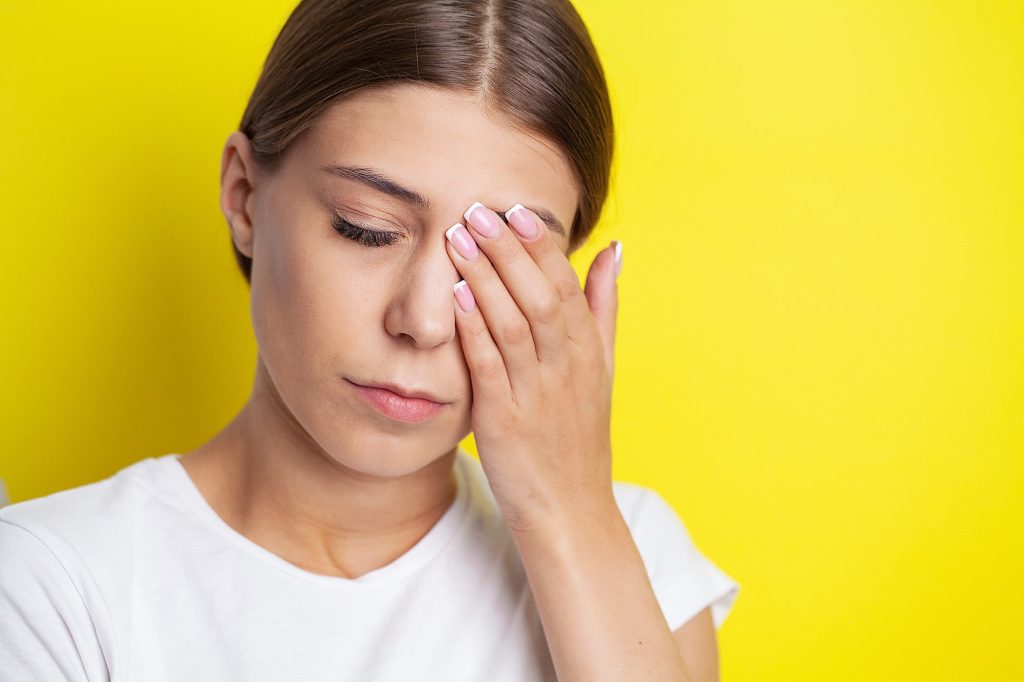
The discomfort associated with itching can have a profound effect on daily activities, sleep, work performance and social interactions. Forceful rubbing to relieve itching can lead to additional complications, such as corneal erosion, infections, and in severe cases, vision changes.
It is important to note that persistent itching, especially when it is accompanied by vision changes, pain or excessive secretions, may be a sign of a more serious condition and requires immediate medical attention.
Treatments for itchy eyes are aimed at treating the underlying cause. In the case of allergies, antihistamines are commonly used (oral treatment or eye drops). These drugs block the action of histamine, and relieve the symptoms of an allergic reaction. Mast cell stabilizers, nonsteroidal anti-inflammatory drugs, and corticosteroids are other medications that may be used, depending on the severity and duration of symptoms.
Artificial tears or preservative-free eye drops can help relieve dry eye syndrome by restoring the eye's moisture levels to normal. More severe cases may require punctal plugs, standards inserted into the tear ducts to retain tears, or prescription medications to stimulate tear production. In addition, there are advanced treatments such as Intense Pulsed Light (IPL) that can lead to long-term relief.
For conditions such as blepharitis and conjunctivitis, good eyelid hygiene and antibiotic or anti-inflammatory drops or ointments may be required. In cases where itchy eyes are related to a disease in the whole body, managing the disease is the key to alleviating the symptom.
While not all cases of itchy eyes are preventable, some measures can help minimize the likelihood of experiencing this symptom. For those with known allergies, allergen avoidance is the most effective preventative measure. Regular cleaning of living spaces, use of hypoallergenic bedding and wearing sunglasses to protect against dust are practical steps in avoiding allergens.
Maintaining eyelid hygiene, including regular eyelid cleaning and avoiding touching or rubbing the eyes, can prevent infections and irritations that cause itching in a destructive cycle. For those prone to dry eyes, regular breaks when performing tasks that require prolonged concentration and looking, such as reading or working on the computer, can be helpful.
A balanced diet rich in omega-3 fatty acids and drinking plenty of water can also help with tear production and maintaining a normal tear line.
Itchy eyes can be an uncomfortable symptom with various possible causes. However, understanding these causes can guide effective treatment and prevention strategies. Whether it's related to allergies, dry eye syndrome, infections or systemic diseases, proper diagnosis and treatment can help relieve symptoms and prevent complications.
In general, it is important to seek medical attention for persistent or worsening eye itching, especially when they are associated with other symptoms such as vision changes or pain. Regular eye exams and maintaining better eyelid hygiene can help in early detection and management of these problems and ensure better eye and eyelid health in the long term.

טיפות דמעות הן תמיסות רפואיות או קוסמטיות שמטרתן להקל על
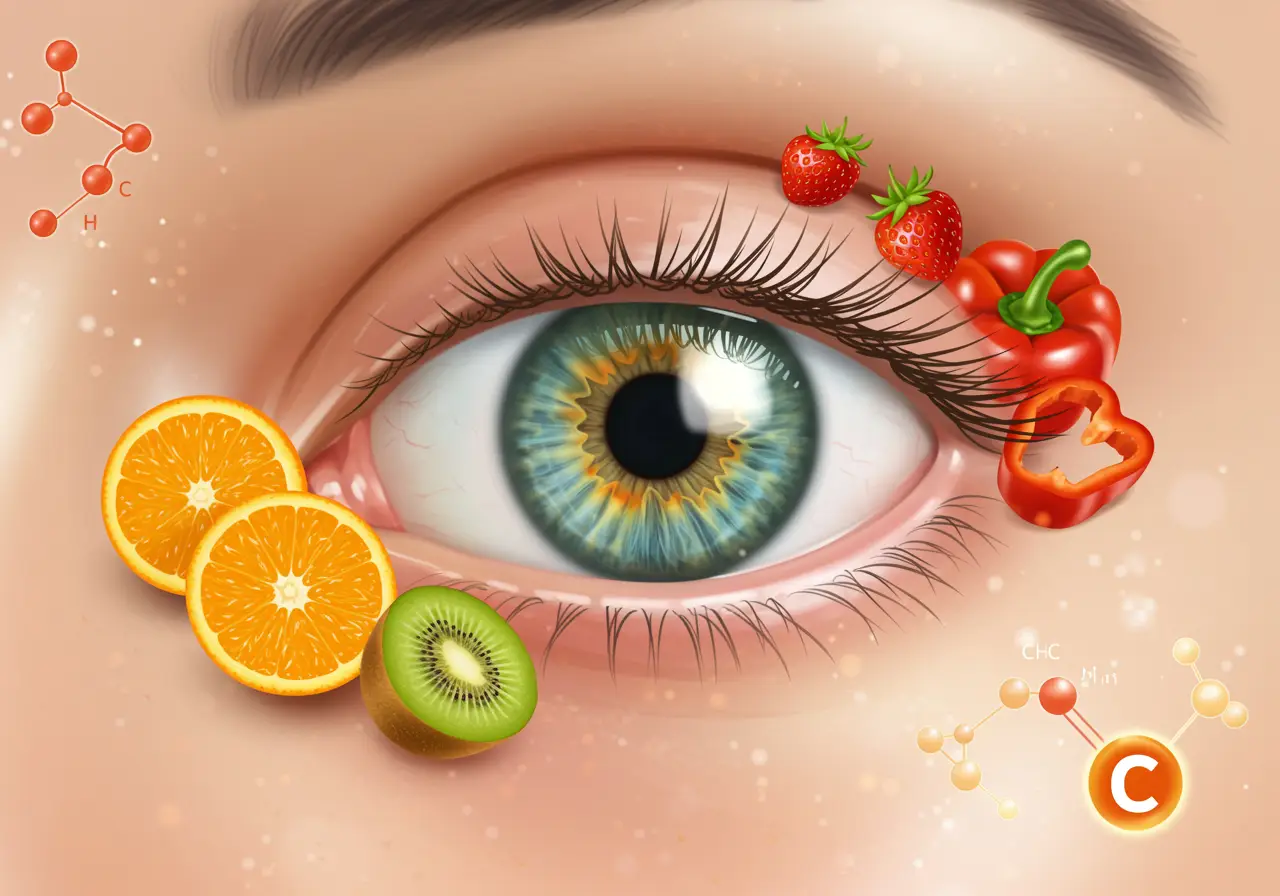
ויטמין C הוא אחד הוויטמינים החיוניים ביותר לבריאות העיניים, הודות

מרכז מומחים לאבחון וטיפול מתקדם בתסמונת העין היבשה ומחלות פני שטח העין
